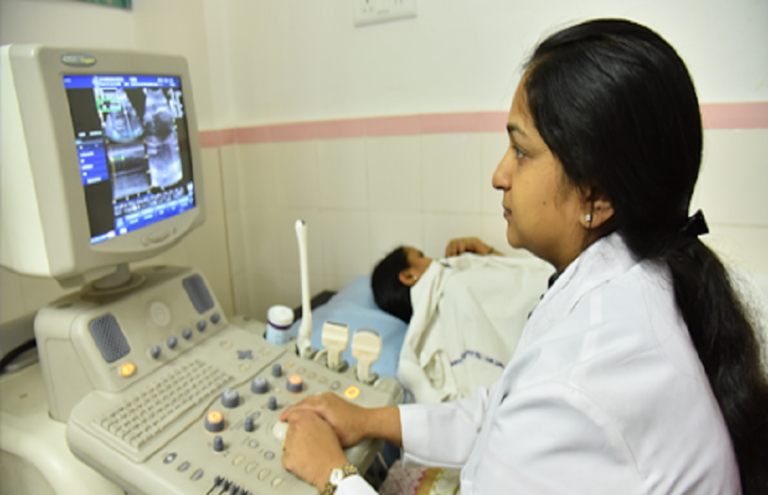
Medicine doctor hand working with modern computer interface as medical concept
Project management is essential for a business to run effectively and smoothly. It enables leadership to manage and plan projects. It also helps them to complete every deliverable and objective within the budget and on time. It also enables you to make great business decisions by fostering better team collaboration and communication. Project management is more than just budgets, timing, and tasks. Firms are beginning to realize that good project management is essential for happier employees and stronger results. So, what is the importance of project management in healthcare? Let’s break it down.
Better Project Planning
Healthcare project managers set the scope and purpose of the project. They predict the needed financial resources by performing cost estimates. They then prepare solutions and anticipate challenges. Once they complete the initial stage, they send the project details to the organizational facility leaders for approval.
Higher Productivity And Output
The more effective your processes in an organization are, the higher the productivity. Healthcare project managers give projects to staff members and check their performance. These projects are designed to improve staff productivity and enable medical personnel to handle unexpected rises in the number of patients, especially during healthcare emergencies.
Maximizes Resource Utilization
Project management utilizes tools that help in optimization, tracking, and planning. This helps to streamline resource management. Project managers assist in minimizing project delays, preventing bottlenecks, and maximizing productivity. They also help in managing resources throughout the development lifecycle.
Saves Time And Money
Project management can help ensure your healthcare organization is efficiently and effectively allocating the necessary resources it requires to do its job. Project management also effectively ensures time management for every staff member and proper scheduling. With the appropriate planning, you can guarantee that your work is delivered within the budget and on time. Through project management, you can follow up on your projects to help you avoid project overspend and delays.
Improved Internal Communication
Project management improves communication among healthcare workers who take care of patients. It also improves the quality of care by enhancing the processes used to provide that care. Communication in project management involves sharing opinions and ideas between professionals working on related or similar tasks. A project leader ensures that all professionals know the expectations and goals when working on a project.
Effective Leadership
Project management in healthcare helps in the effective running of projects and medical facilities. A more positive patient experience is the objective of project management. A manager accomplishes this by implementing policies advantageous to patients and resolving operational issues. To be an effective manager, you need to have the ability to lead. Leaders are supposed to inspire, motivate, and guide others to manage and lead teams.
Bottom Line
The importance of healthcare project management cannot be overstated. It not only ensures that projects are effectively executed but also ensures compliance maintenance, mitigation of risks, and optimization of software quality. Project managers, therefore, play a crucial role in managing resources, navigating complexities, and fostering collaboration among teams. By embracing project management, healthcare can improve patient outcomes, drive innovation, and gain a competitive edge.






